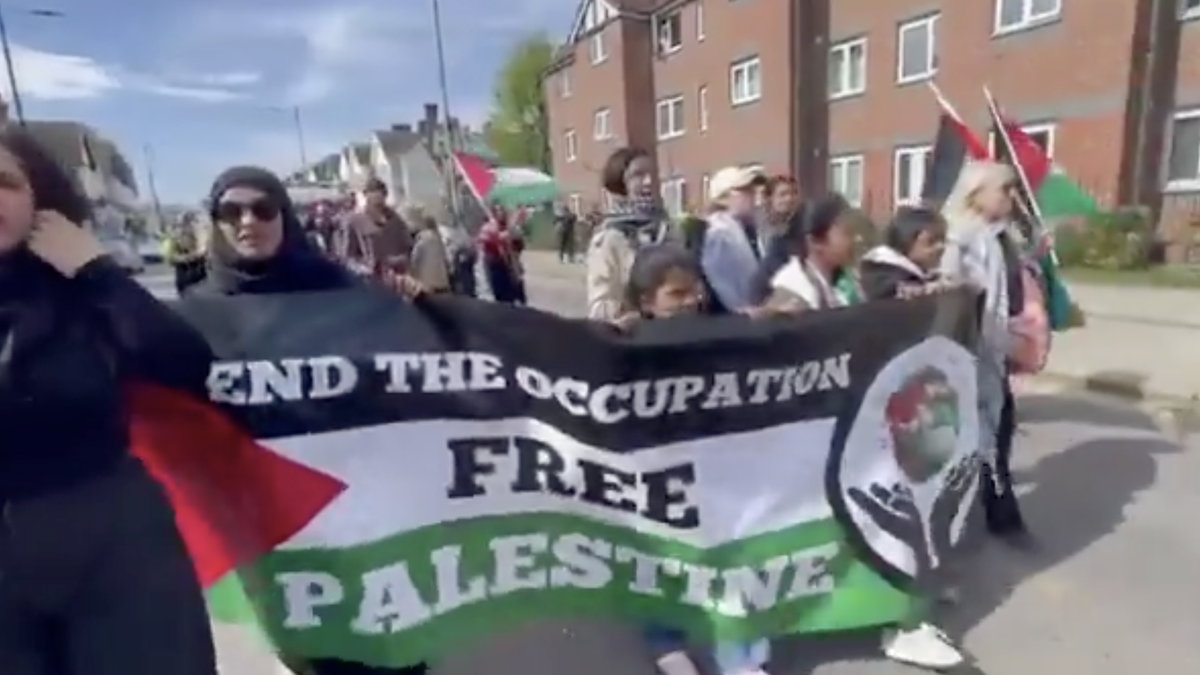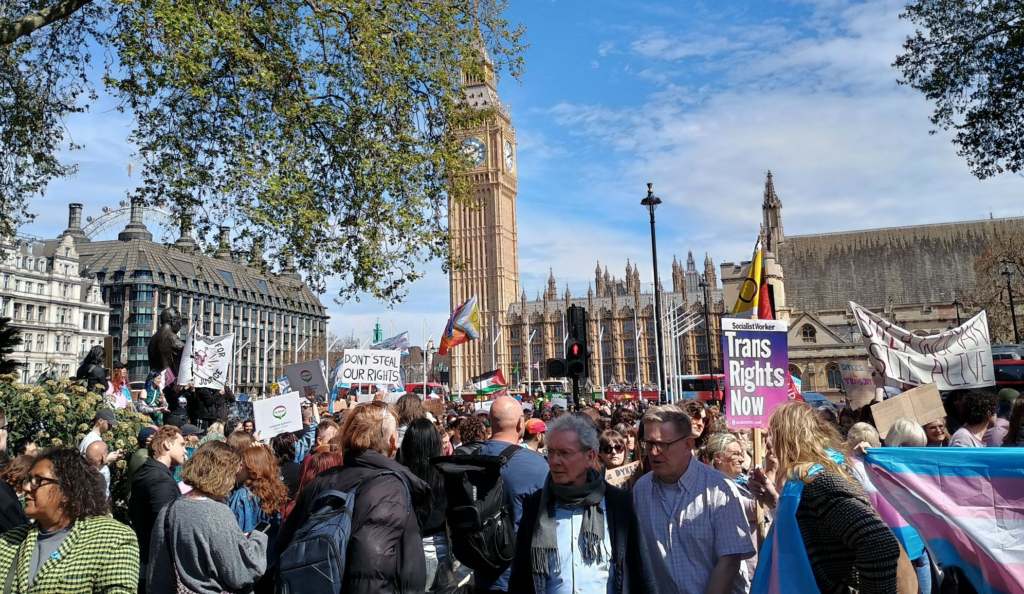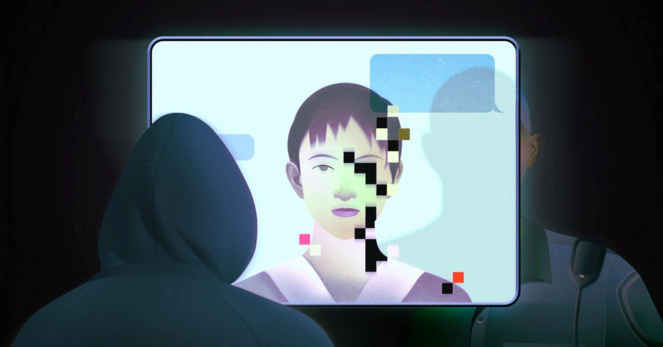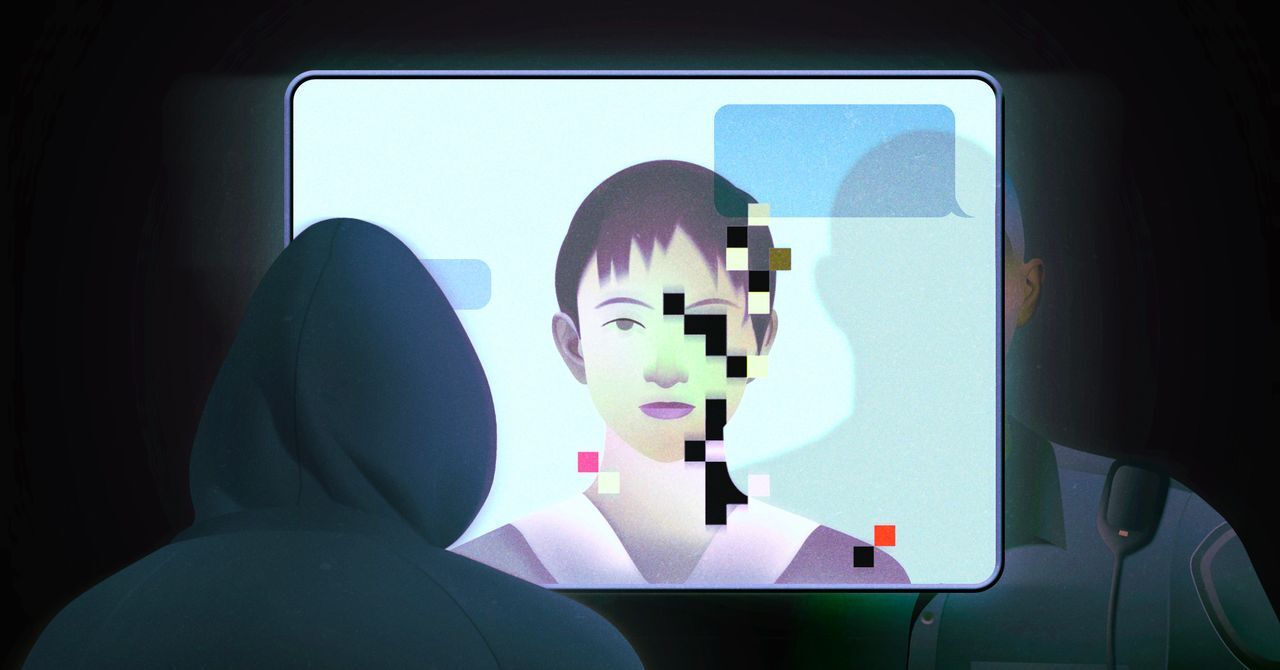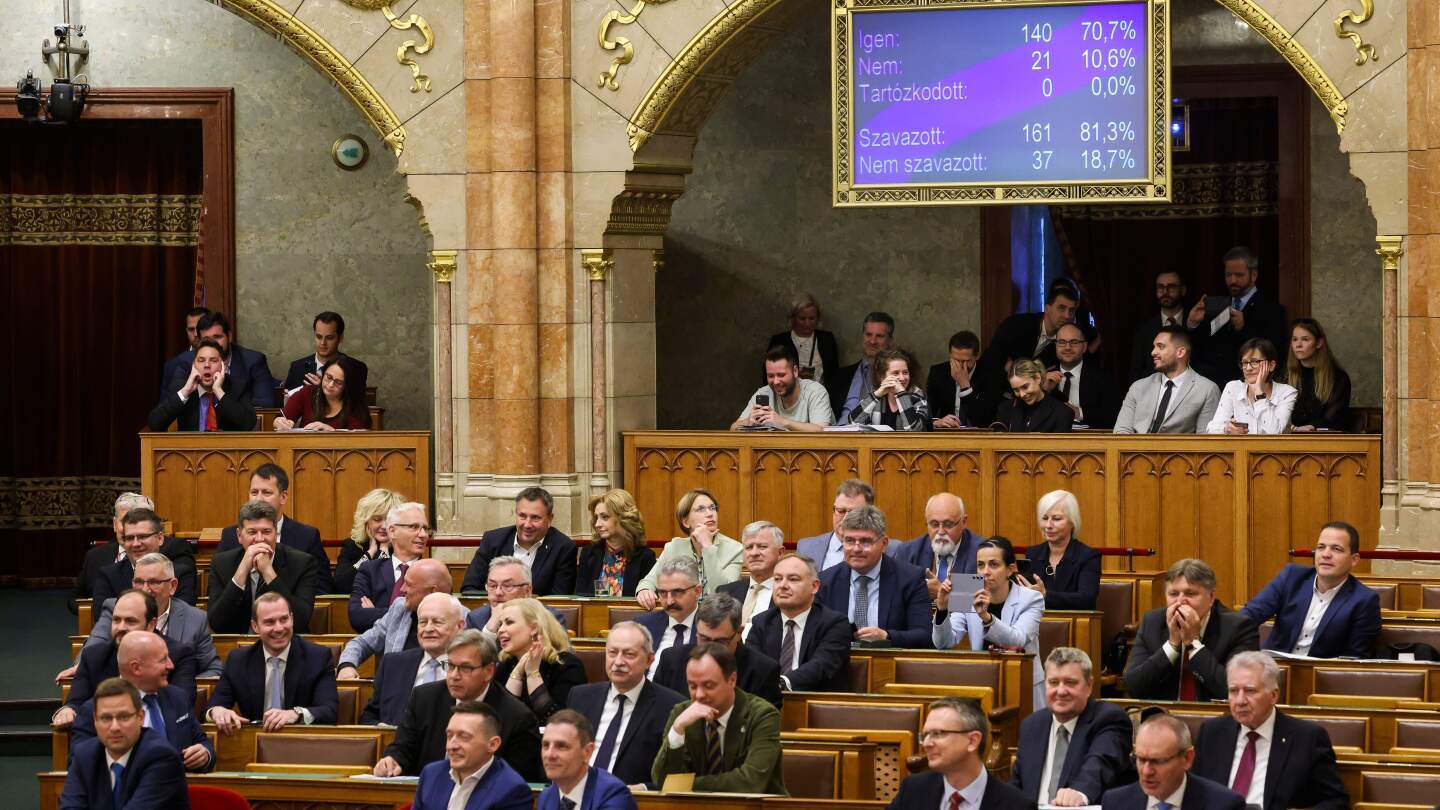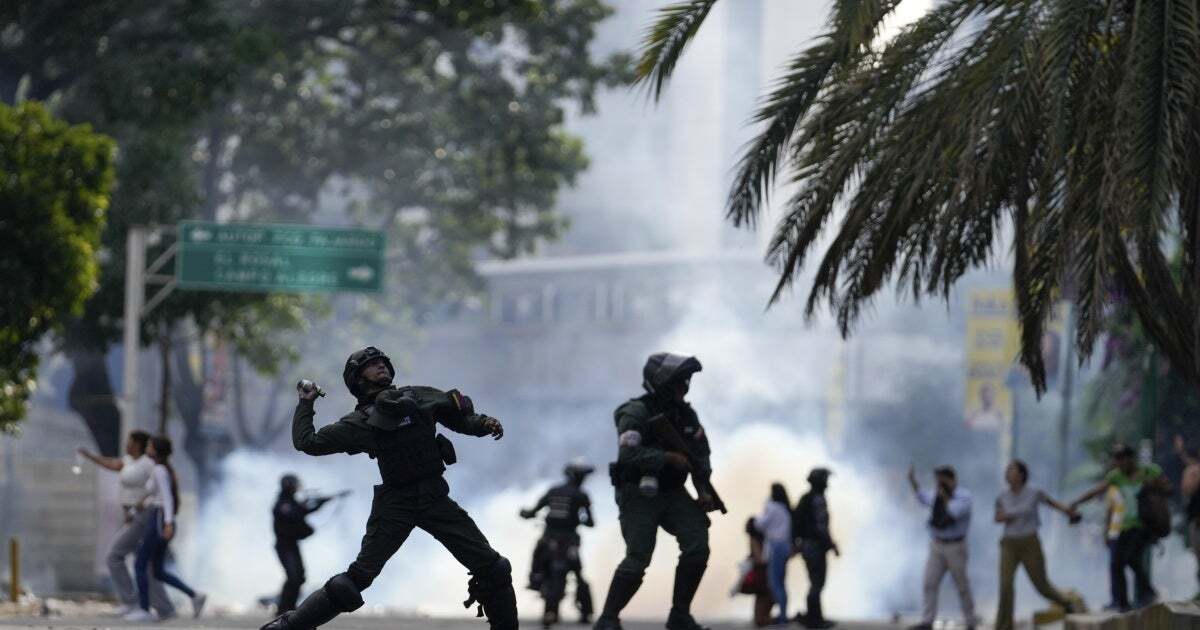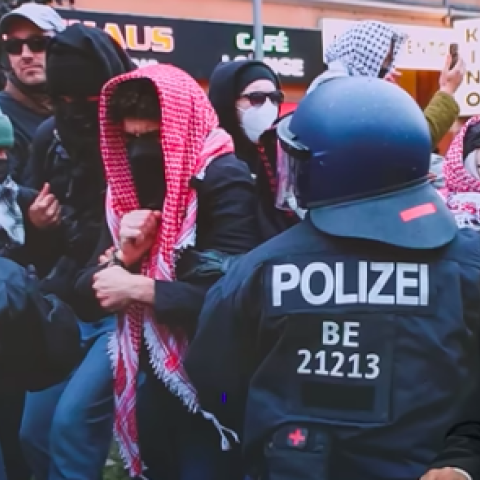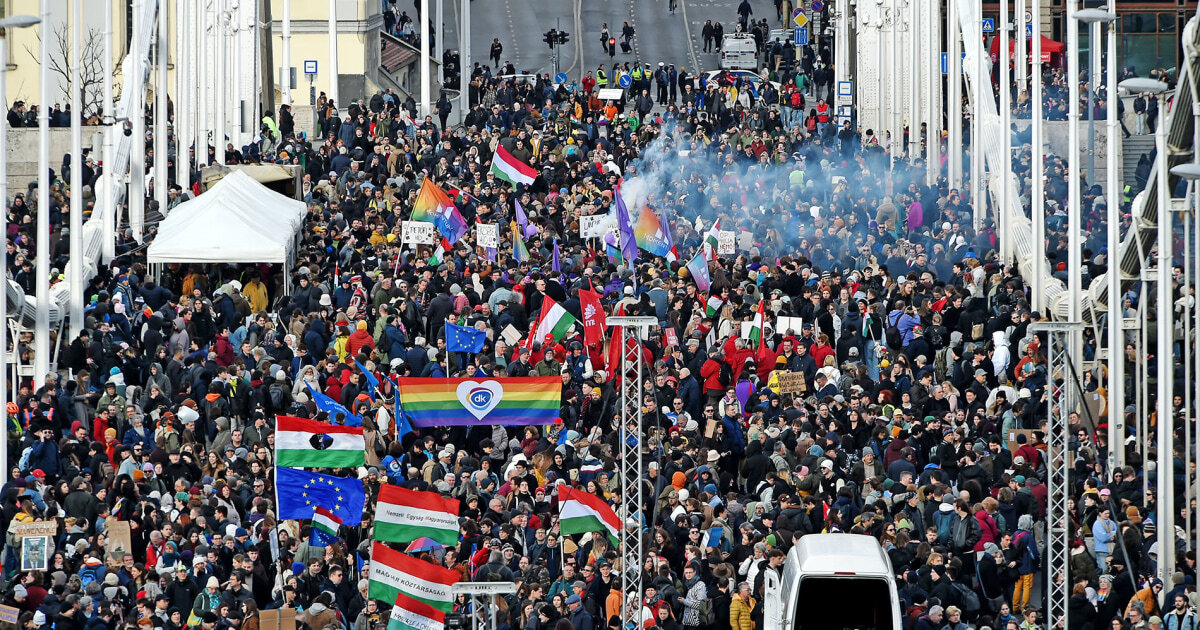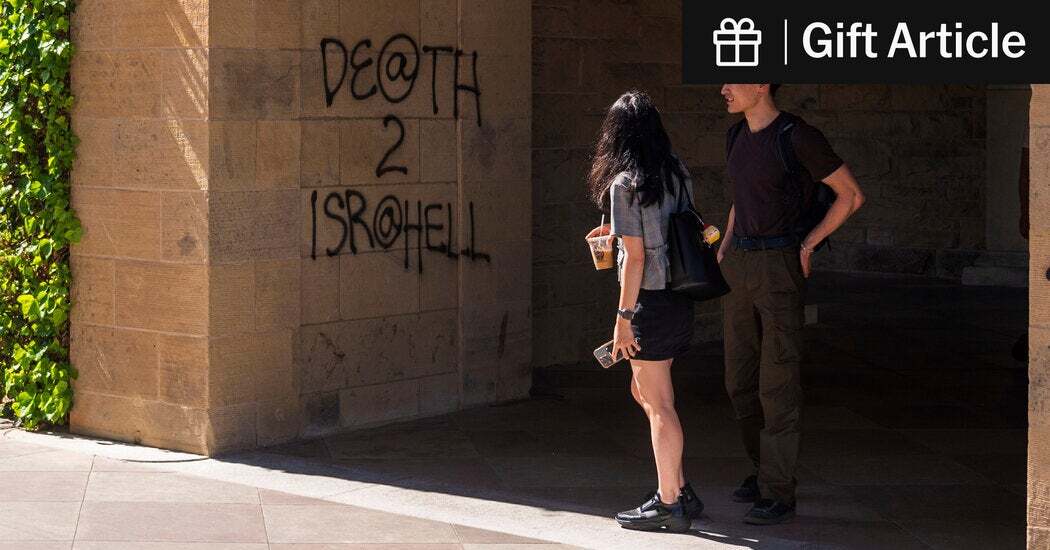State by State Pending and recently passed #AntiProtestLaws: #Tennessee
SB 2570 / HB 2031: Heightened penalties for #protesters who block #streets and #highways
Significantly increases the penalty for knowingly or recklessly obstructing a street, highway, “or other place used for the passage of vehicles or conveyances.” Instead of a Class A misdemeanor, as provided by prior law, the offense is now a Class D felony punishable by at least 2 and up to 12 years in prison and a $5,000 fine. As written, the law's felony offense can cover protesters who block a street or make passage "unreasonably inconvenient" even if there are no cars on it. The felony offense can also seemingly apply to protesters who block a driveway or alley, even temporarily. The law also creates a new civil cause of action, such that anyone who knowingly or recklessly blocks a street can additionally be sued for civil damages.
Full text of bill:
https://wapp.capitol.tn.gov/apps/BillInfo/Default.aspx?BillNumber=SB2570&GA=113
Status: enacted
Introduced 23 Jan 2024; Approved by Senate 23 April 2024; Approved by House 23 April 2024; Signed by Governor Lee 9 May 2024
Issue(s): Civil Liability, Traffic Interference
SB 451 / HB 881: Mandatory penalties for expanded aggravated riot offense
Expands the definition of "aggravated riot" and creates new mandatory minimum penalties for that offense. To be convicted of "riot" under Tennessee law, a person only needs to knowingly gather with two or more people whose tumultuous and violent conduct creates "grave danger of substantial damage to property or serious bodily injury to persons or substantially obstructs law enforcement or other governmental function." For instance, one could be held guilty of riot for merely joining a large protest in which there is isolated pushing, even if no one is injured. Under preexisting law, a person could be held liable for aggravated riot if they participated in a riot where someone was injured or substantial property damage occurred, even if the person did not commit any violence nor intended violence to occur. Under the law, a person may also be guilty of aggravated riot if they participated in a riot and either participated in exchange for compensation or "traveled from outside the state with the intent to commit a criminal offense." A "criminal offense" could include, for example, temporarily blocking a street as part of a protest. "Aggravated riot" is a Class E felony, which is punishable by up to 6 years in jail and a fine of $3,000; the law also introduces a mandatory minimum of at least 45 days of imprisonment.
Full text of bill:
https://wapp.capitol.tn.gov/apps/BillInfo/default.aspx?BillNumber=SB0451&GA=112
Status: enacted
Introduced 8 Feb 2021; Approved by Senate 11 March 2021; Approved by House 28 April 2021; Signed by Governor 13 May 2021
Issue(s): Riot
HB 8005/SB 8005: Heightened Penalties for "Inconvenient" Protests and #ProtestCamps on State Property
The law heightens penalties for certain offenses that could encompass conduct by peaceful protesters. The law heightens existing criminal penalties for blocking a street, sidewalk, or "any other place used for the passage of persons, vehicles or conveyances" from a Class C to a Class A misdemeanor. Accordingly, protesters who obstruct or make it "unreasonably inconvenient" to use a street or sidewalk could face up to one year in jail. The law likewise heightens penalties for the existing offense of "obstructing" or "interfering with" a lawful meeting, procession, or gathering, from a Class B to Class A misdemeanor. Protesters who intentionally "interfere with" a meeting of the legislature or other government officials, including by staging a loud protest, could therefore face up to one year in jail. The law also targets protest encampments on the grounds of the Capitol and other areas by broadening the definition of "camping," and heightening penalties for camping on state property. As such, protesters who use or place any "piece of furniture," shelter, or structure on state property could be charged with a Class E felony, if they continue to do so 24 hours after receiving a warning. The offense would be punishable by up to six years in prison, a fine of $3,000, and restitution for any property damage. The law also amends Tennessee provisions on "riot," (which is defined broadly), including by requiring those convicted of "inciting" or "urging" a riot to pay restitution for any property damage incurred by the offense. When it was introduced, the legislation authorized the Tennessee Attorney General to intervene and prosecute offenses where there has been damage to state property, including those arising in the context of peaceful protests, if the district attorney declined to do so; however those provisions were removed prior to the law's enactment, and replaced with a requirement that district attorneys produce a report on such offenses and how they were dealt with.
Full text of bill:
https://wapp.capitol.tn.gov/apps/BillInfo/Default.aspx?BillNumber=HB8005&GA=111
Status: enacted
Introduced 7 Aug 2020; Approved by House and Senate 12 August 2020; Signed by Governor Lee 20 August 2020
Issue(s): Protest Supporters or Funders, Riot, #TrafficInterference #Camping
SB 264: New penalties for protests near gas and oil pipelines
Creates new potential penalties for protests and demonstrations that "interrupt" or "interfere with" a pipeline or pipeline construction site. The law makes it a Class E felony for an individual to knowingly "destroy, injure, interrupt or interfere with" a #pipeline, pipeline facility, or related infrastructure, including if it is under construction. The offense is a Class E felony, punishable by up to six years in prison and a $3,000 fine. As introduced, the law provided that an individual or organization that causes or "aids" damage or interference would likewise be guilty of a Class E felony, however these provisions were amended out prior to the law's passage.
Full text of bill:
https://wapp.capitol.tn.gov/apps/BillInfo/Default.aspx?BillNumber=SB0264&GA=111
Status: enacted
Introduced 29 Jan 2019; Approved by Senate 18 Feb 2019; Approved by House 30 April 2019; Signed by Governor Lee 10 May 2019
Issue(s): #ProtestSupporters or Funders, #Infrastructure
SB 0902: New penalties for protesters who block traffic
Imposes a new fine on any person who intentionally, knowingly, or recklessly obstructs a public highway or street "including in the course of a protest" and in doing so interferes with an emergency vehicle's access to or through the highway or street. "Emergency vehicle" is broadly defined as "any vehicle of a governmental department or public service corporation when responding to an emergency," a police or fire department vehicle, or an ambulance. Unlawful obstruction of a street or highway was already a Class C misdemeanor subject to up to 30 days in jail; the law adds a $200 fine to the penalty. Sponsors made clear that the law was aimed at protests that obstructed highways.
Full text of bill:
https://legiscan.com/TN/text/SB0902/2017
Status: enacted
Introduced 9 Feb 2017; Governor Haslam signed into law 12 April 2017
Issue(s): #TrafficInterference
SB 672 / HB 729: Felony penalties for blocking traffic or pedestrians
Would significantly increase the penalty for “obstructing” streets, sidewalks, and other public passageways, such that demonstrators in a variety of public locations could face felony charges. Current Tennessee law prohibits intentionally, knowingly, or recklessly blocking or making passage “unreasonably inconvenient” on public streets, sidewalks, elevators, aisles, or “any other place” used for passage of people or vehicles. Under the bill, that offense would be a Class E felony, punishable by up to six years in prison, rather than a misdemeanor. As such, demonstrators in a protest that made it “unreasonably inconvenient” for someone to use a sidewalk or access a public building could be arrested and charged with a felony. If protesters blocked or impeded passage on a highway, it would be a Class D felony, punishable by up to 12 years in prison.
Full text of bill:
https://wapp.capitol.tn.gov/apps/BillInfo/Default.aspx?BillNumber=SB0672
Status: pending
Introduced 31 Jan 2025.
Issue(s): Traffic Interference
#FirstAmendment #CriminalizingDissent
#Authoritarianism #Fascism #Clampdown #CriminalizingProtest
#CharacteristicsOfFascism #USPol #AntiProtestLaws #SlowMarch #PipelineProtests
